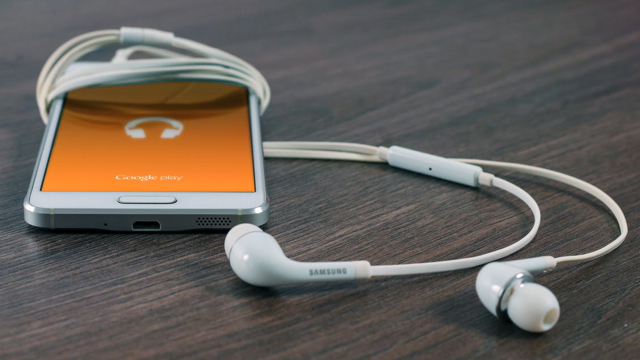The Senate Judiciary Committee voted in favor of the Music Modernization Act, which updates music copyright law for the digital age. Tech companies, music publishers, songwriters, musicians and radio broadcasters cooperated to put together the bill, after years of proposing unsuccessful legislation. With this bill closing some of the flaws of past laws, music publishers and streaming services will likely end the constant wrangling and expensive lawsuits that have bedeviled the digital music industry.
The New York Times reports that attorney Dina LaPolt, who has been an assertive proponent of the bill, stated the bill will “revolutionize” how songwriters get paid in the U.S. Previously, “songwriters and music publishers have argued that streaming services have routinely failed to properly acquire mechanical licenses — the permission to reproduce a piece of music for sale or consumption, a term that goes back to the days of player pianos,” while Spotify and other streaming music services “said that there was no authoritative database identifying who owned what.”
One key element in the bill “would allow musicians to be paid for digital plays of recordings made before 1972, which are not covered by federal copyright.” Two provisions also dealt with the “complex procedures used to set royalty rates in federal courts,” both provisions “favored by ASCAP and BMI, the industry’s two biggest royalty clearinghouses.”
According to National Music Publishers’ Association president David Israelite, “the prospect of continuing litigation brought the tech companies to the table.” “We decided that we wanted to settle this and try to fix the problem, because we want them to be our business partners,” he said.
Digital Media Association chief executive Christopher Harrison, whose group includes Amazon, Apple and Google, agreed, adding “that the new process would remove the bad faith that has existed between music publishers and streaming services.”
Although Republican senators John Cornyn and Ted Cruz expressed reservations, they still voted for the bill, and lobbyists believe that a full Senate will pass the bill. The result will be a licensing collective “overseen by songwriters and publishers, and paid for by the digital services, with rights information maintained by the copyright owners.” In return, services “will be able to receive blanket licenses from the collective … [and] gain protections against lawsuits.”
“If it goes through, the bill is likely to bring about the most sweeping changes to music copyright law since the passage of the Copyright Act of 1976,” suggests NYT.


No Comments Yet
You can be the first to comment!
Sorry, comments for this entry are closed at this time.